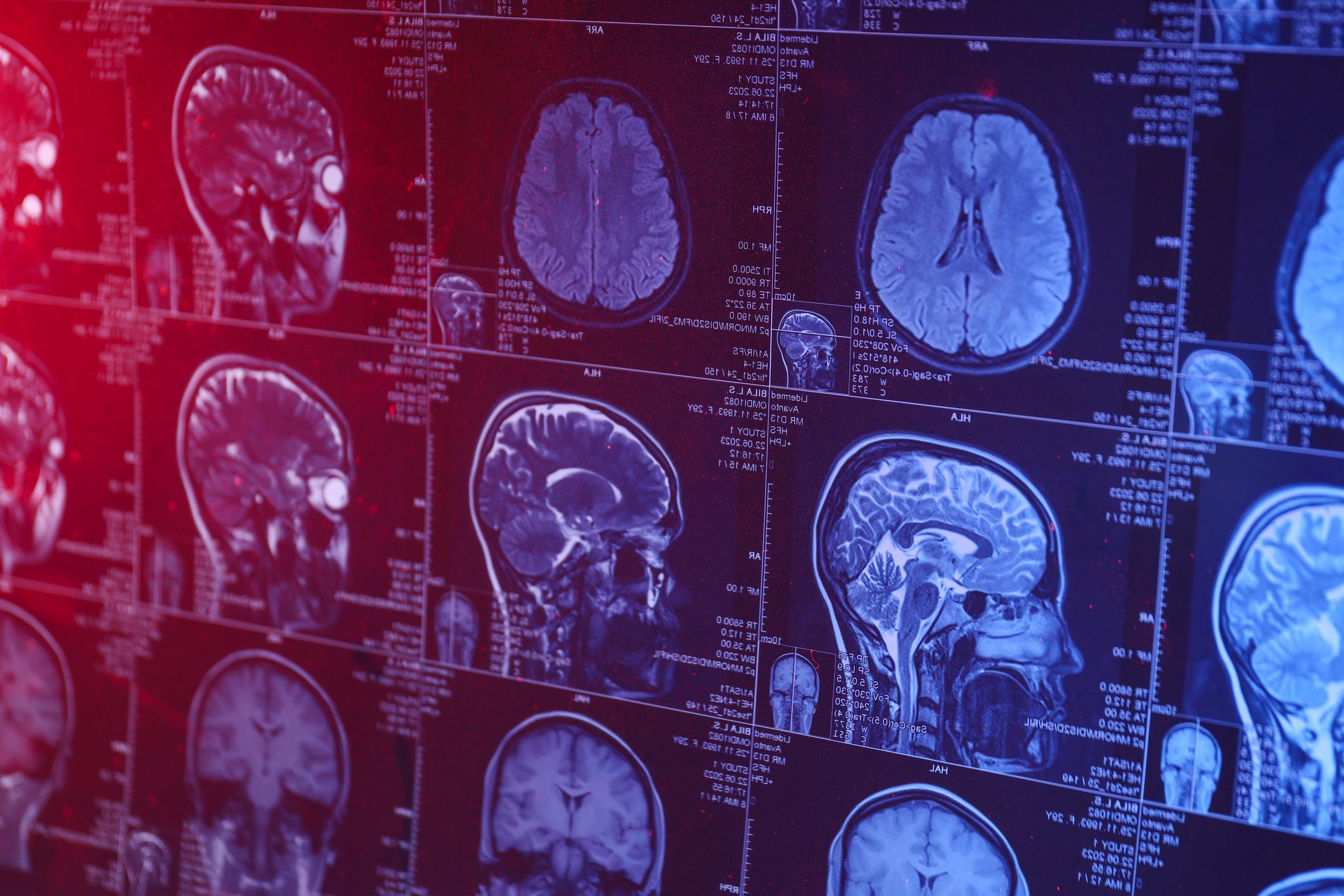When we disagree with a popular opinion, it creates a trace in brain activity. Ultimately, this allows the brain to adjust so that we follow the general opinion.

Why do we follow fashions, which we once thought were far-fetched? Because our brain adapts to popular opinions. This is the conclusion of a team from the School of Advanced Studies in Economics, located in Russia. In the review Scientific Reports, the researchers explain how our brain adapts to match collective opinion. This phenomenon is called conformism, and has been studied for several years by the social sciences.
Scientists at HSE University have learned that disagreeing with the opinion of other people leaves a ‘trace’ in brain activity, which allows the brain to later adjust its opinion in favor of the majority-held point of viewhttps://t.co/LnugXhHgFm pic.twitter.com/iu6RRuOeiy
— HSE University (@HSE_eng) February 9, 2021
How are our opinions changing?
Our brain likes us to agree with others: when we share an opinion that is widespread among those close to us or among the people we consider important, this activates the circuits of pleasure in our brain. These are related to dopamine production system, associated with learning in particular. This process reinforces our adherence to this opinion. Conversely, when we disagree, the brain sends an error signal. In this research, the neuroscientists wondered about the evolution of the mechanism over the long term: does the opinion of others cause cerebral modifications over time?
A study of twenty women
To get answers to their questions, they recruited twenty women, to whom they presented photos of strangers. On the only vision of these images of faces, the participants had to estimate their level of confidence towards these people. Then the researchers gave them the trend among their peers. Sometimes the collective opinion was in agreement with that of the participants, sometimes they contradicted each other. After half an hour, each of the women had to restore their level of confidence. The researchers find that their opinion is changed, because of that of others, in almost half of the cases. Moreover, this modification is perceptible in the brain: there are visible traces of disagreement in the cerebral activity. They found this through a technique called “magneto-encephalography“, which analyzes the magnetic fields resulting from the electrical activity of neurons.”It was very interesting to use modern brain mapping techniques to perceive traces of old disagreements with general opinion in brain activity.“, says Aleksei Gorin, one of the authors of this research.
The brain, a sponge to the opinions of others
When the face was presented to the participants again, their brain sent a signal to warn that the last time, their opinion differed from that of the group. For scientists, it is likely that this signal acts as a way of preventing disagreements in the future. In the long run, the brain uses majority opinion to process information, to avoid social conflict. “The brain absorbs the opinions of others like a sponge, and adjusts to those of the social group“, concludes Aleksei Gorin.
.
















